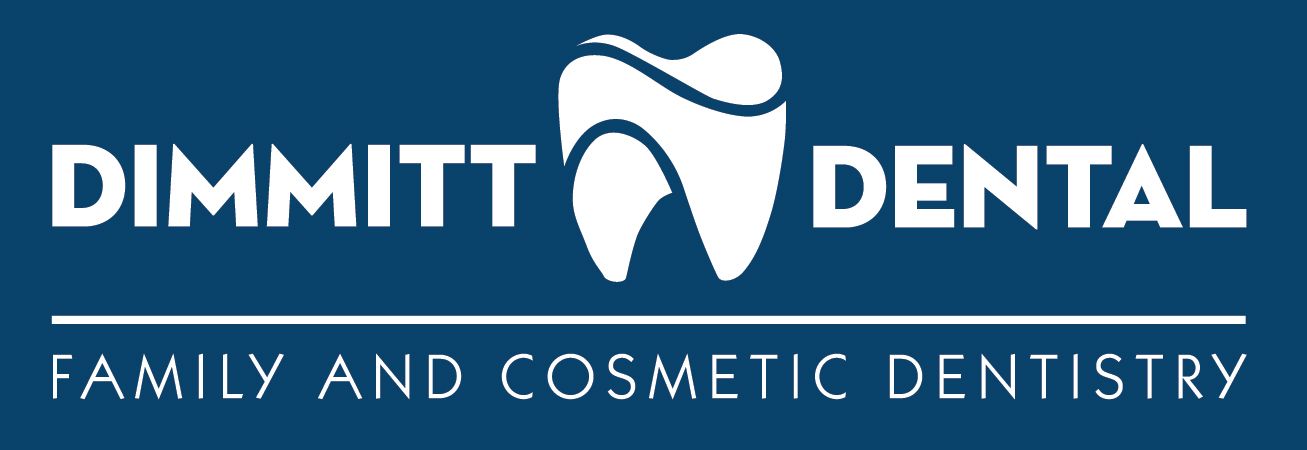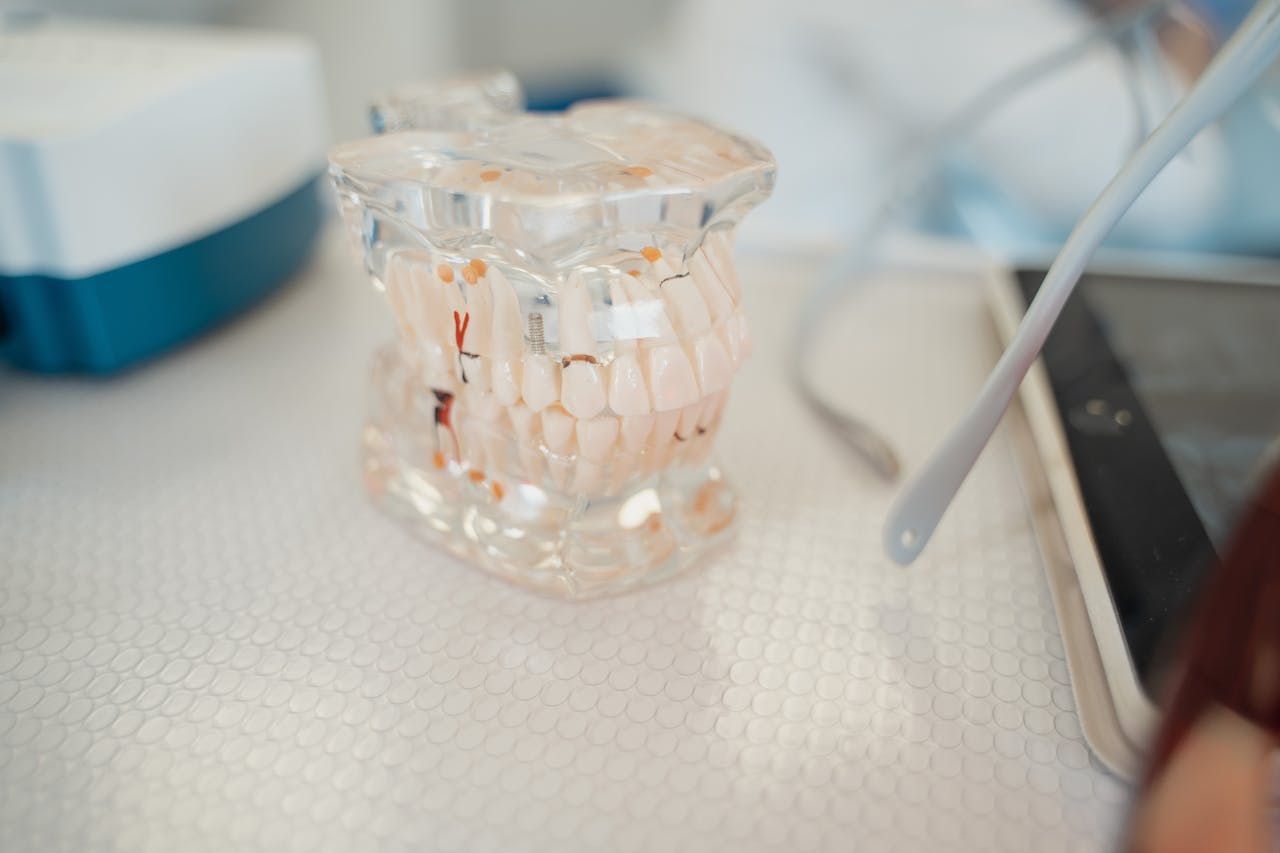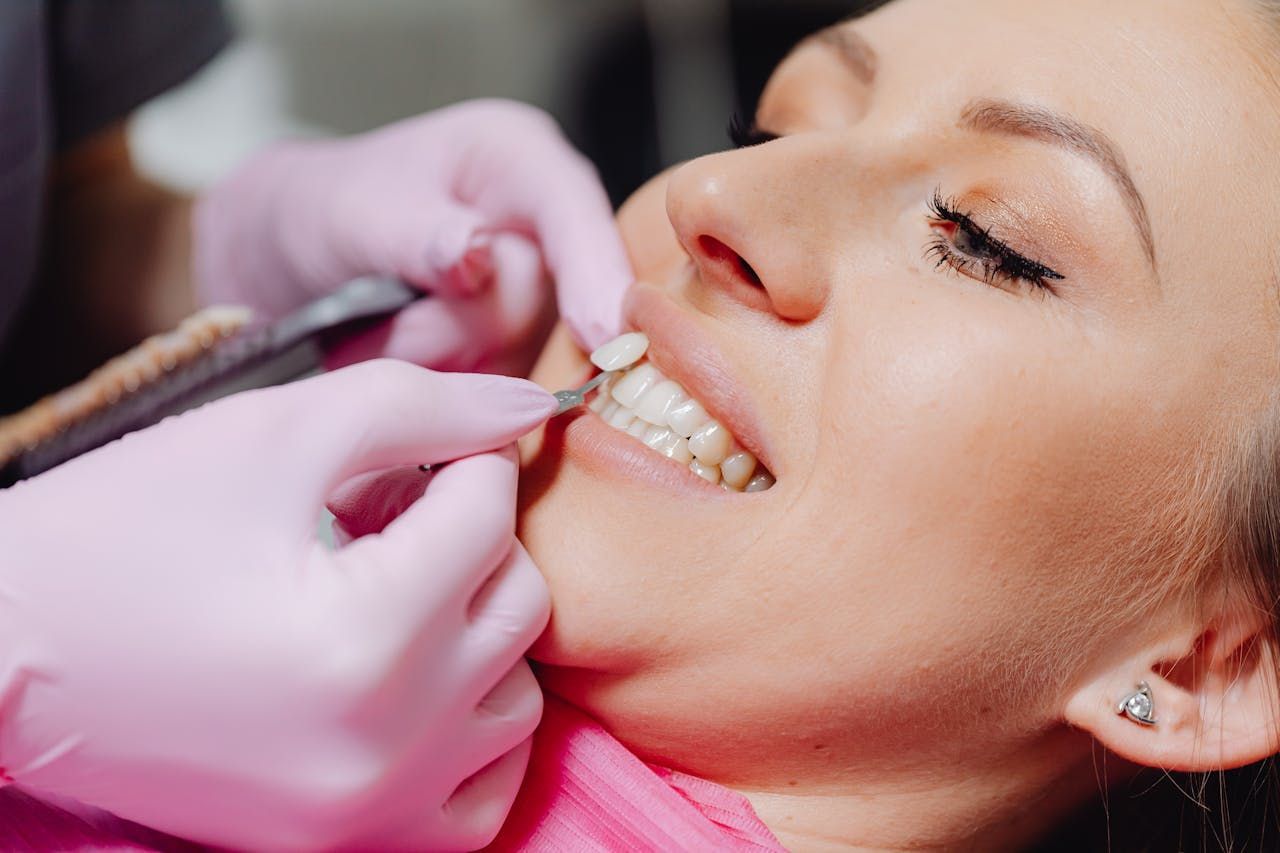How Sedation Can Make Your Dental Visits Stress-Free
Going to the dentist can be a nerve-wracking experience for many people. Dental anxiety is quite common and can prevent individuals from seeking the care they need. This anxiety can stem from a fear of pain, past negative experiences, or even the sounds and smells of a dental office. The good news is that dental sedation can help make visits much more comfortable and stress-free.
Sedation dentistry involves using medication to help patients relax during dental procedures. There are different levels of sedation, ranging from mild relaxation to deep sleep, depending on the patient's needs and the type of procedure. By understanding the types of sedation available and how they can benefit you, you can make informed decisions about your dental care.
Being well-prepared for a sedation dental appointment also plays a crucial role in ensuring everything goes smoothly. In this article, we'll explore how dental anxiety impacts oral health and provide detailed information on the types of sedation, their benefits, and what to expect when preparing for a sedation dental appointment. This knowledge will help you take the right steps towards a more relaxed and positive dental care experience.
Understanding Dental Anxiety and Its Impact
Dental anxiety affects many people and can have a serious impact on oral health. This anxiety can come from various sources, like a fear of needles, sensitivity to pain, or a bad experience in the past. Sometimes, even the thought of sitting in a dental chair can make a person feel uneasy. When anxiety keeps you from going to the dentist, it can lead to bigger problems down the road.
Avoiding dental visits means you miss out on regular check-ups and cleanings, which are vital for preventing cavities, gum disease, and other issues. Small problems can turn into major ones that require more extensive treatment if left unattended. This can lead to more pain, more visits, and higher costs, all of which can increase anxiety even more.
Besides physical health, dental anxiety can also affect your mental and emotional well-being. Constant worry about dental visits can cause stress and disrupt your everyday life. It might also make you feel embarrassed about the condition of your teeth, leading to a lack of confidence. Understanding that dental anxiety is common and that there are ways to manage it, like sedation dentistry, is the first step toward better oral health and peace of mind.
Types of Dental Sedation Available
Several types of dental sedation are available to help manage anxiety and make dental visits more comfortable. The type of sedation used depends on the level of anxiety and the procedure being performed. Here are the common types of dental sedation:
1. Nitrous Oxide: Also known as "laughing gas," nitrous oxide is a mild sedative inhaled through a mask placed over your nose. It helps you relax and feel more comfortable during the procedure. The effects wear off quickly, so you can drive yourself home afterwards.
2. Oral Sedation: This type involves taking a pill or liquid medication about an hour before your appointment. It can range from mild to moderate sedation, making you feel drowsy but still awake. For deeper relaxation, a higher dose may be used, although you'll remain conscious.
3. IV Sedation: Intravenous (IV) sedation is administered through a vein and works quickly to help you relax deeply. The dentist can adjust the level of sedation throughout the procedure. You may not remember much of the visit, and you'll need someone to drive you home.
4. General Anesthesia: This type of sedation puts you into a deep sleep, so you are entirely unconscious during the procedure. It is typically used for more invasive procedures or for patients with extreme anxiety.
Each type of sedation has its benefits and is used based on specific needs and circumstances. Talking with your dentist about your anxiety and preferences will help determine the best option for you.
Benefits of Sedation Dentistry
Sedation dentistry offers many advantages that can make dental visits more pleasant and stress-free. One major benefit is that it helps reduce anxiety and fear, making it easier for you to receive the dental care you need. When you are relaxed, the dentist can work more efficiently, allowing multiple procedures to be performed in a single visit. This means fewer appointments and less time spent in the dental chair.
Another benefit is that sedation can make even complex procedures more comfortable. Whether you need a root canal, oral surgery, or restorative work, sedation can help you remain calm and pain-free throughout the treatment. This is especially helpful for patients with a low pain threshold or those who have difficulty staying still for long periods.
Sedation dentistry also benefits individuals who have a strong gag reflex or sensitive teeth. The sedation helps relax your muscles, minimizing discomfort and making it easier for the dentist to work. Moreover, sedation can be a lifesaver for patients with special needs or those who have had traumatic dental experiences in the past. By creating a positive and comfortable environment, sedation dentistry helps build trust and makes future visits less daunting.
How to Prepare for a Sedation Dental Appointment
Proper preparation is key to a successful sedation dental appointment. First, follow any pre-treatment instructions provided by your dentist. This may include fasting for a certain period before your appointment, especially if you are undergoing IV sedation or general anesthesia. Avoid eating or drinking anything, including water, as it could interfere with the sedation process.
Make sure to arrange for someone to drive you to and from the appointment. Sedation can leave you feeling drowsy and impair your ability to drive safely. It’s important to have a trusted friend or family member who can ensure you get home safely and stay with you until the sedation fully wears off.
Wear comfortable clothing to your appointment. Soft, loose-fitting clothes will help you feel more relaxed. Also, avoid wearing any jewelry or accessories that could get in the way during the procedure.
Before the appointment, discuss any medications you currently take with your dentist. Your dentist needs to know about any prescriptions, over-the-counter drugs, or supplements, as these could interact with the sedation medications. Follow your dentist’s guidance on whether to continue or pause these medications before the procedure.
Final Thoughts
Sedation dentistry provides a practical solution for those experiencing dental anxiety, enabling them to access essential oral health care without fear. By understanding the types of sedation available and their benefits, you can make more informed decisions about your dental treatment. Preparation is also crucial for ensuring a smooth and safe experience during your appointment.
Taking these steps can help ease your anxiety and make future dental visits more approachable. Remember, maintaining good oral health is vital, and there are ways to make this journey comfortable and stress-free.
If you are ready to explore sedation dentistry and make your next dental visit a breeze, schedule an appointment with Dimmitt Dental. Our team is dedicated to providing you with a relaxed and positive dental experience. Call us today to learn more!
HOURS
- Monday
- Closed
- Tuesday
- - -
- Wed - Thu
- - -
- Friday
- - -
- Sat - Sun
- Closed
All Rights Reserved | Dentist Websites by Energize Group




